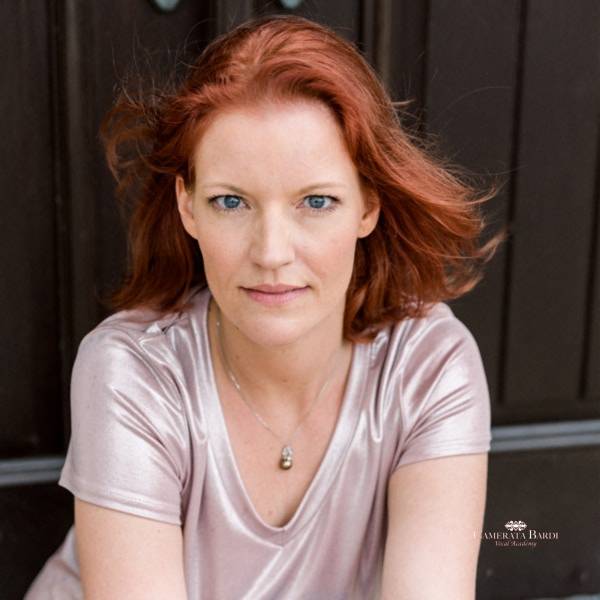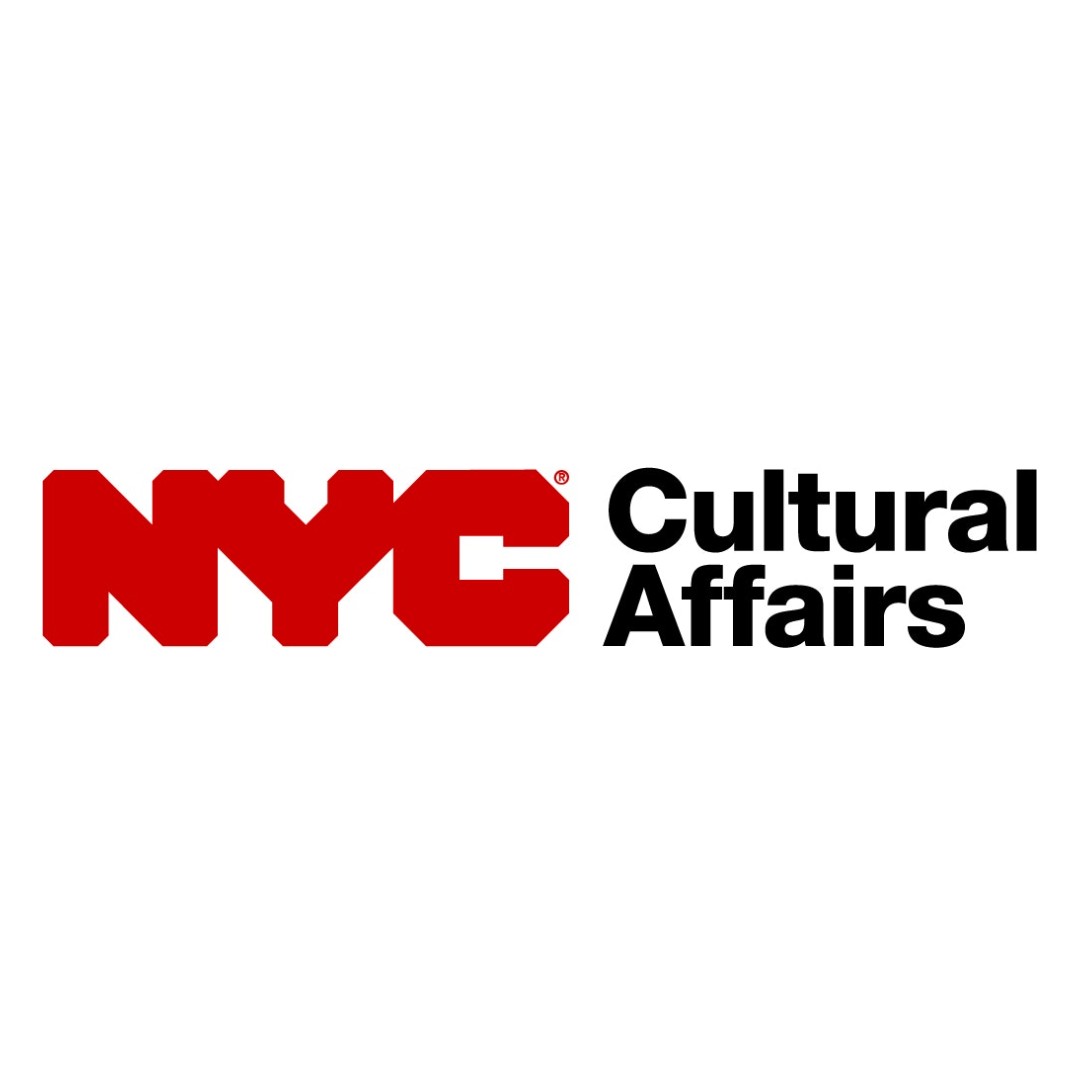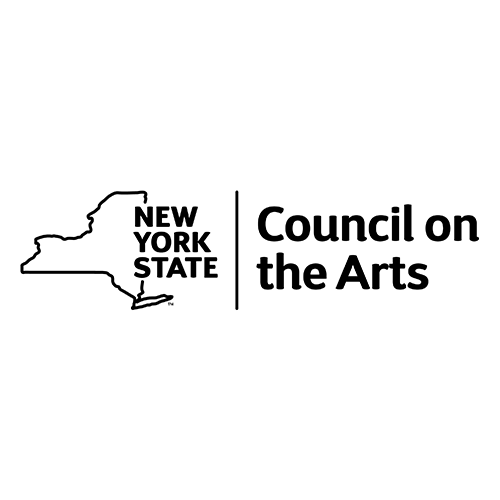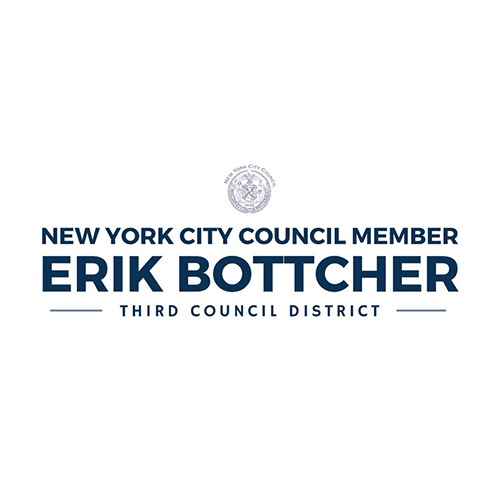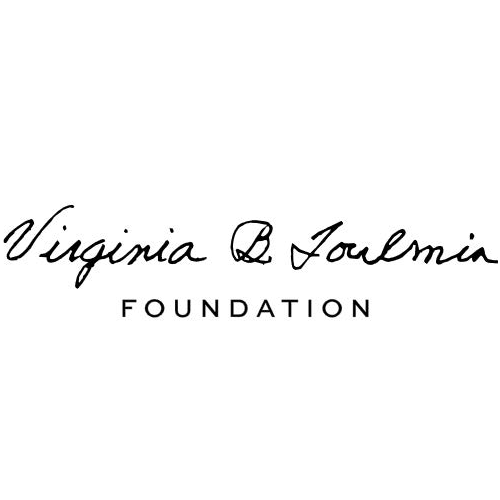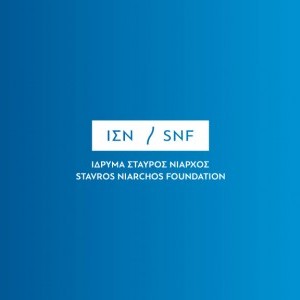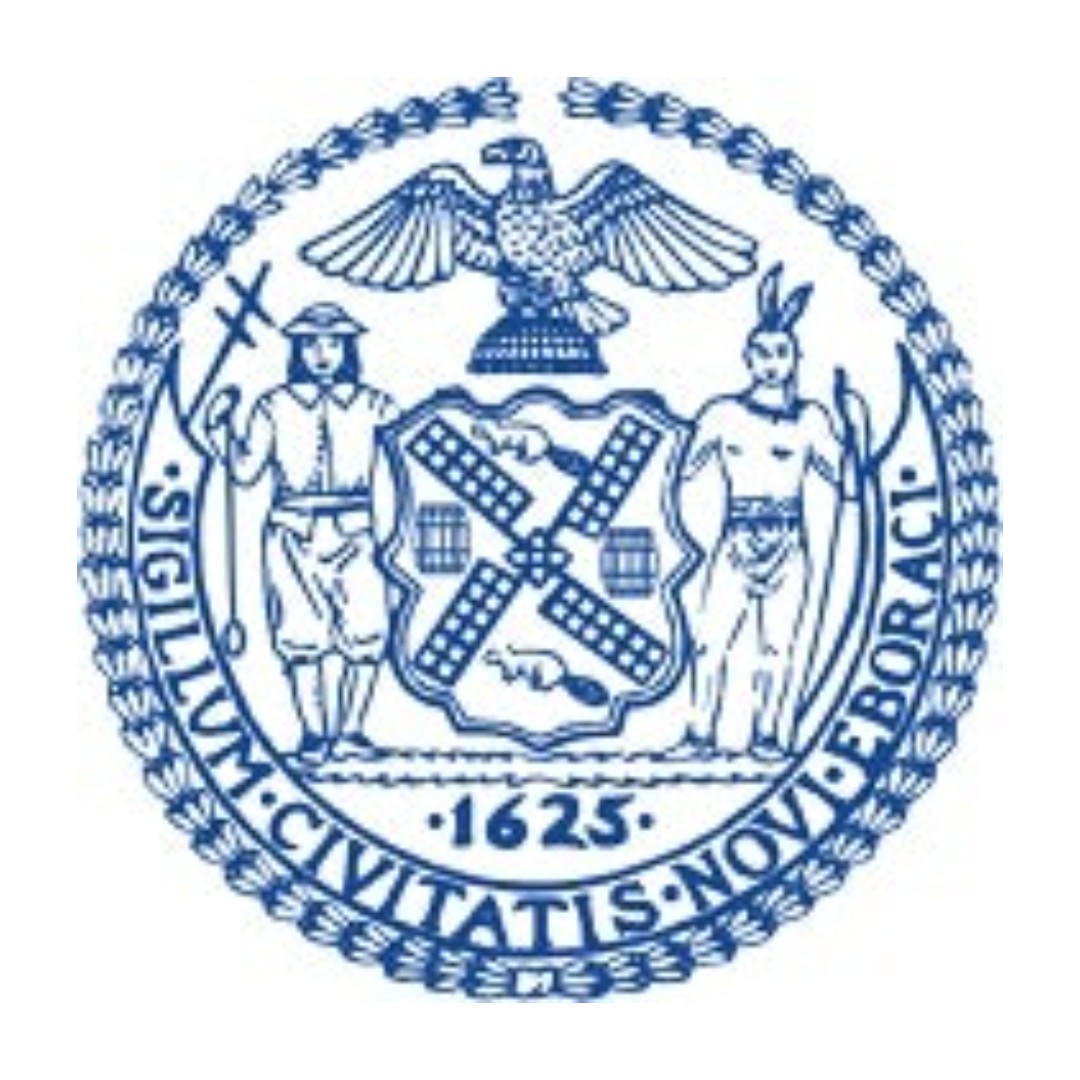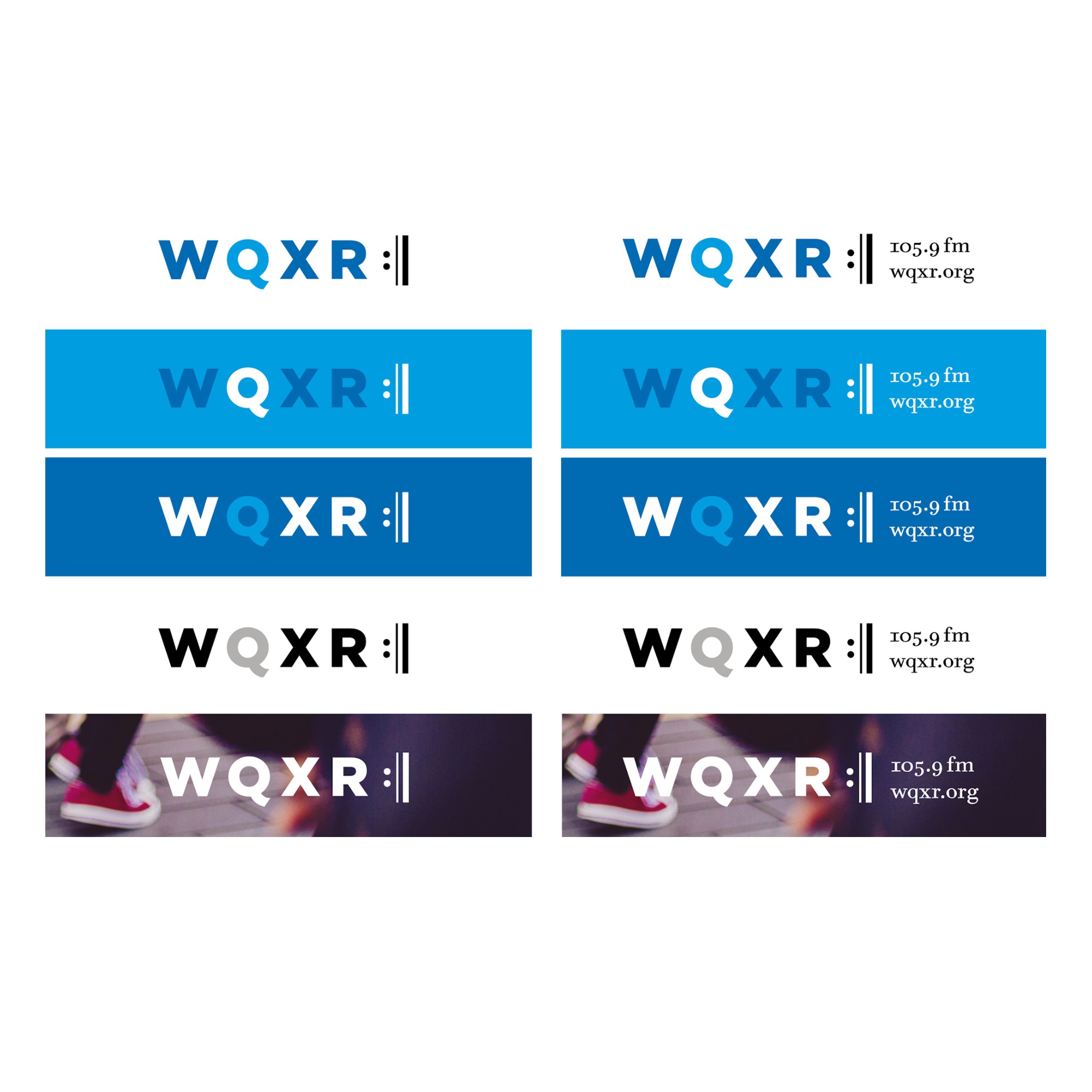German-American soprano Stephanie Lorenz has “A one in a million voice…” in the words of Maestro Jack LiVigni of the Curtis Institute of Music.
Share with us a unique experience for you in the opera world. How did it inspire you and what did you learn from it?
I would be happy to share a few words about my unique experience entering into the challenging, inspiring, thought-provoking, and competitive world of opera. At 16 years old I officially hung up my ballet pointe shoes for good and began taking private voice lessons. Immediately, I could not believe how much better of a fit this new hobby was for me. During my first lesson I fell in love with the human voice and all of its mysteries. Even now, it’s this fascination with my instrument and wanting to find answers to all of my increasingly philosophical questions (why, how, what for, etc.) that inspires me to keep experimenting to figure out more.
The first year of singing brought unforgettable experiences with it. I was chosen to sing the role of Liesel from ‘The Sound of Music’ for a PBS Special filmed with the Naples Philharmonic Orchestra and conducted by “Pops King” Maestro Erich Kunzel. The best part was that the role of Maria was sung by the one and only Frederica von Stade. I will never forget the visceral reaction I had upon hearing a real opera singer up close and personal that very first time. Such power, such grace, such drama. It took my breath away and flooded my brain with infinitely more questions and curiosities. I can still picture her singing right next to me with her magnetic stage presence and hugely impressive glittering voice. Those few hours that I spent on the stage with Frederica as a teenager left behind an indelible impression on me. This was a pivotal moment in the journey of my musical awakening.
That same year I was invited to my hometown of Berlin, Germany to star as the guest soloist for two Christmas concerts: one at the historic Konzerthaus Berlin and one at the Berlin Philharmonic. These specific experiences ignited and fueled my infatuation with this spectacular art form. I knew it in my gut, right then and there, that I had found my niche and my purpose. I felt that as long as I am involved in opera on any level I would always feel fulfilled and be surrounded by ‘my people’. That sentiment holds true to this day.
Do you think opera should be accessible to everyone? How do you think this could be done?
Without a doubt, opera MUST be made more readily available to people of all ages and on all walks of life. To encourage this change, it seems that it is vitally important to help the general public understand the countless benefits that classical music has on us (i.e. on our mental/physical health and emotional well-being). Nature has instilled in us an innate ability to give and receive healing through the simple interaction of singing for and listening to others. I presume that opera could be a truly powerful tool to help people find comfort, receive healing and create a sense of community. Due to the diversity of all its moving parts, opera actually requires people to make connections across unusual barriers. Both the creation of an opera production and the patronage & enjoyment of it, build new relationships within a community resulting in a genuine sense of purpose and belonging. What on Earth could be of higher importance than making this tool more accessible?
Especially since there is no shortage of creative ways in which this could be done. For example, by giving children K-12 more opportunities to be involved in all aspects of an opera first-hand through summer camps and children’s choirs at regional/ boutique opera companies or by commissioning new music composers to create short interactive family operas for kids, parents, and local professionals. Regardless, the priority needs to be on finding ways to make opera more appealing and inviting to newcomers by offering fun and immersive ways to experience the opera process from within.
Do you feel that your work as an opera singer helps you to use your creativity to serve your community? What do you enjoy the most about it?
A career in opera requires the singer to master an impressively broad array of skills in order to run and grow a personal business. We work tirelessly at learning music, sustainable technique, memorable stage presence, convincing acting skills, public speaking, constant networking, marketing, enterprising, brainstorming, linguistics, self-motivation, researching history, psychology, sociology, literature, makeup and hair, etc. Thankfully being pretty well-rounded has turned into a huge asset for me in terms of the value that I am able to add to my family, my work, and to the community. This often comes in the form of fundraising and volunteering.
The only thing that I love more than making people laugh is to be a problem solver. In my pursuit of a career in opera I have acquired skills which perfectly support my desire to help others. Today I am capable of being on both sides of the curtain, from singing the lead to stage managing. I like being involved in the entire process from start to finish. Obviously, I am never bored with this profession because the possibilities in music are seemingly endless and just waiting to be dreamt up!

